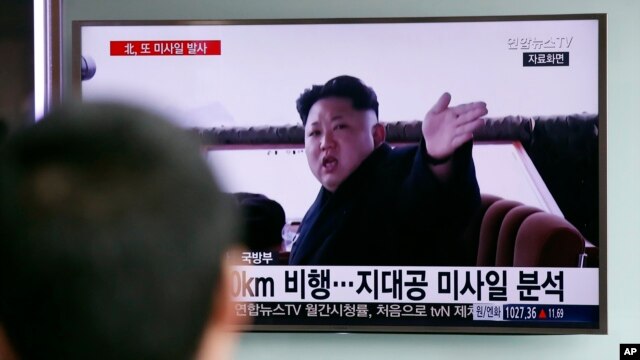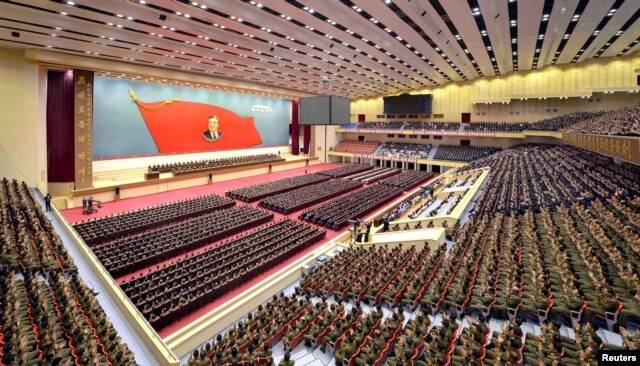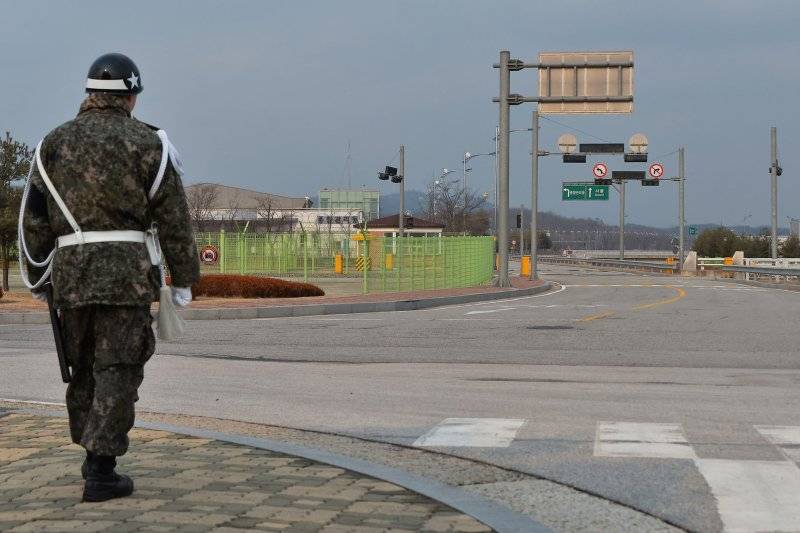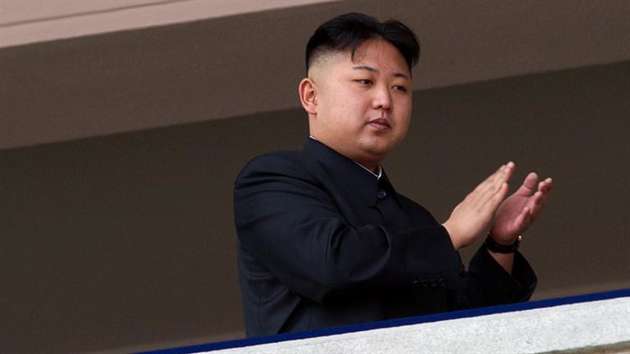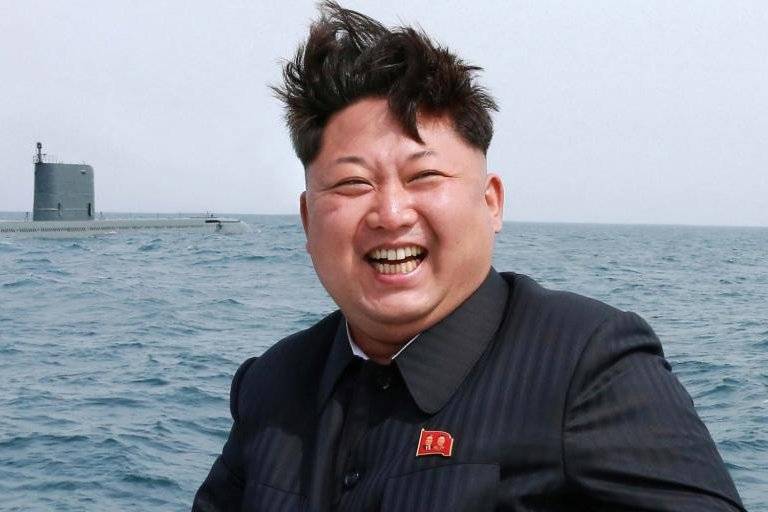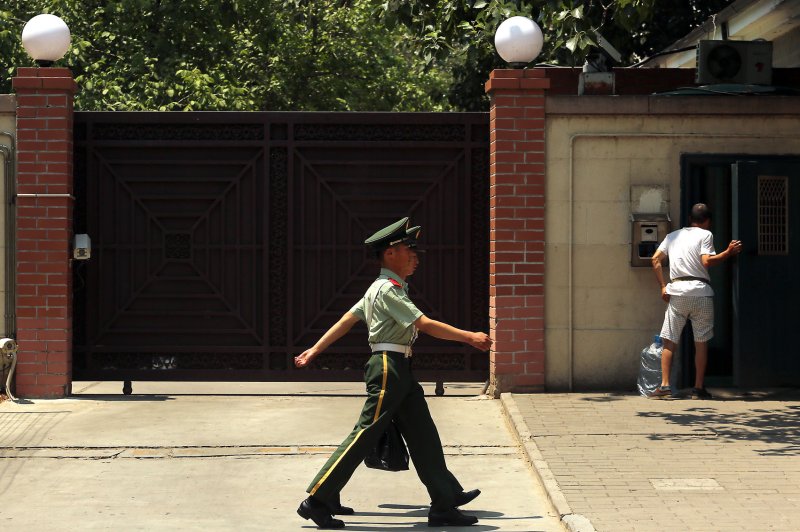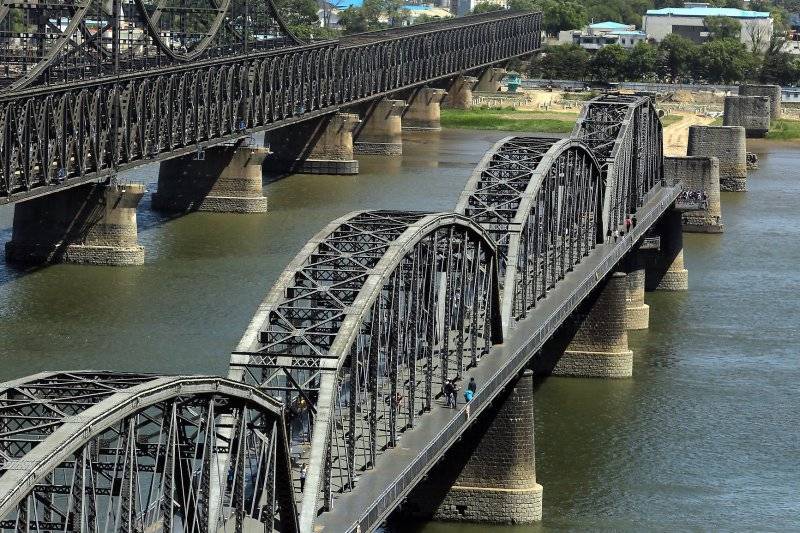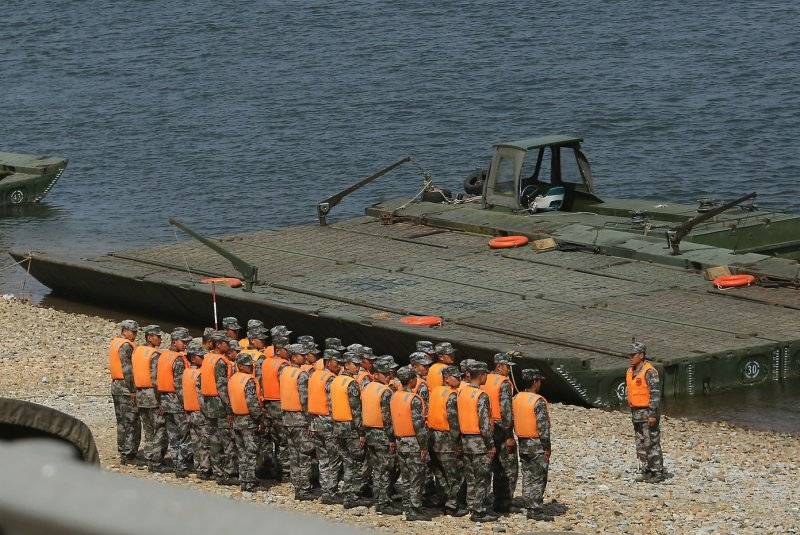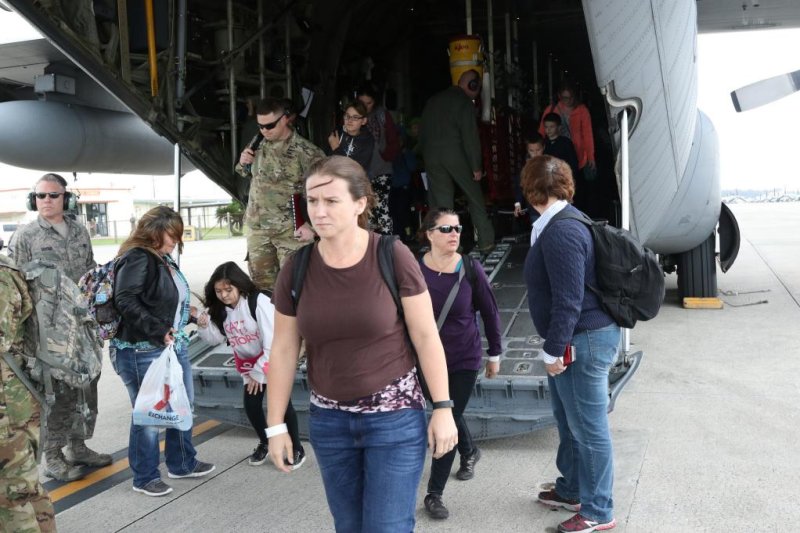Disir
Platinum Member
- Sep 30, 2011
- 28,003
- 9,607
- 910
China expressed its opposition on Thursday to unilateral sanctions against North Korea, saying they could raise international tension.
US President Barack Obama on Wednesday imposed sweeping new sanctions on North Korea intended to further isolate its leadership after recent nuclear and rocket tests, seen by the United States and its allies as provocative.
The new sanctions threaten to ban from the global financial system anyone who does business with much of North Korea's economy, including its financial, mining and transport sectors.
The so-called secondary sanctions will compel banks to freeze the assets of anyone who breaks the blockade, potentially squeezing out North Korea's business ties, including those with China.
China opposes sanctions on North Korea
Gearing up for the ride.
US President Barack Obama on Wednesday imposed sweeping new sanctions on North Korea intended to further isolate its leadership after recent nuclear and rocket tests, seen by the United States and its allies as provocative.
The new sanctions threaten to ban from the global financial system anyone who does business with much of North Korea's economy, including its financial, mining and transport sectors.
The so-called secondary sanctions will compel banks to freeze the assets of anyone who breaks the blockade, potentially squeezing out North Korea's business ties, including those with China.
China opposes sanctions on North Korea
Gearing up for the ride.


